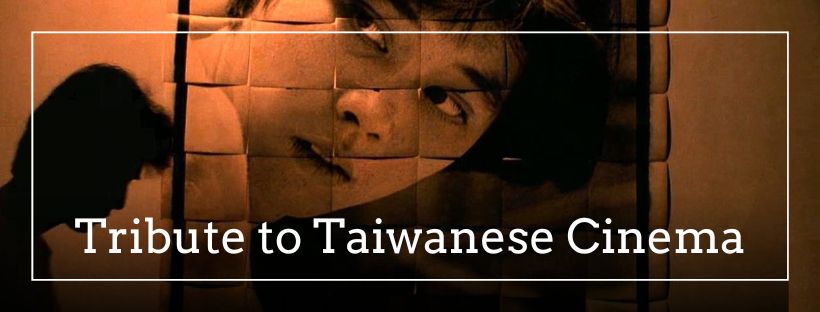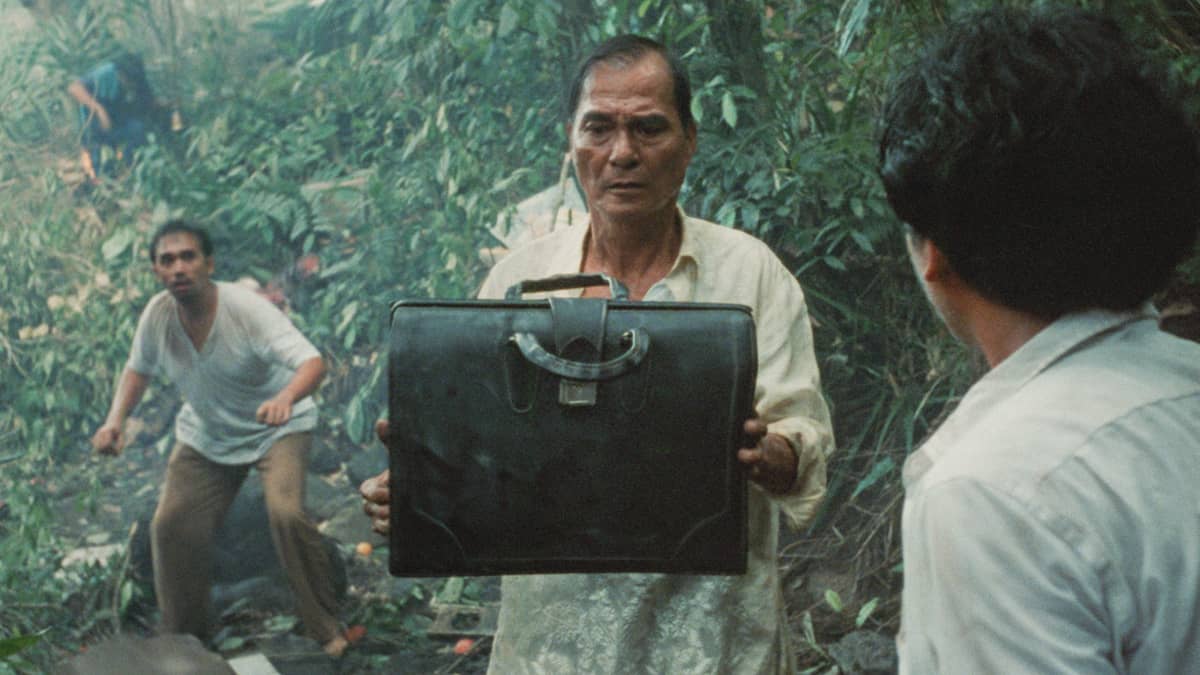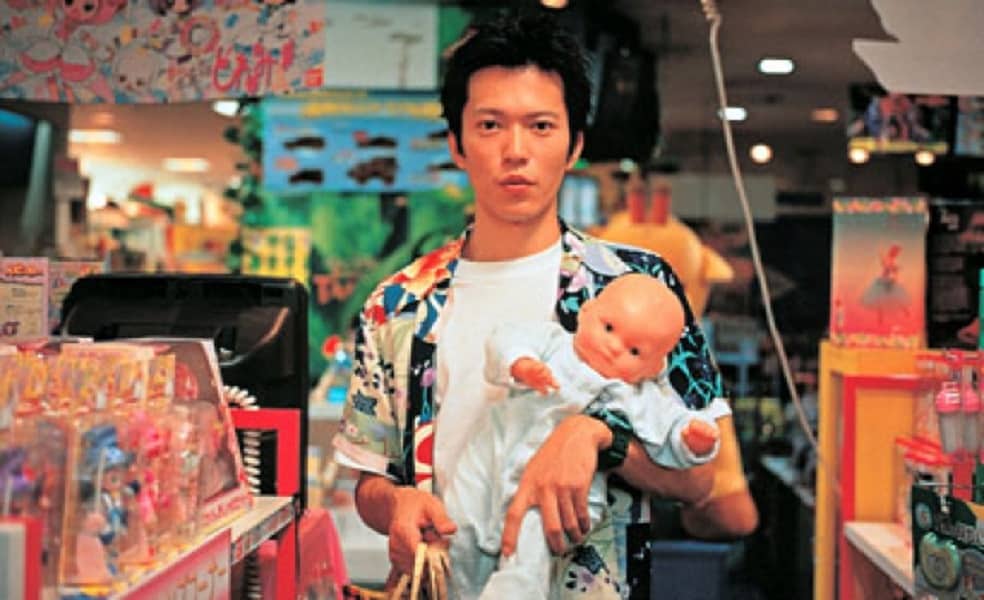“Kuei-mei, a Woman” is a cinematic gem that has not only earned critical acclaim in its time but has also left an indelible mark on the history of filmmaking. Selected as the Taiwanese entry for the Best Foreign Language Film at the 58th Academy Awards and recipient of the Golden Horse Award for Best Feature Film in 1985, Chang Yi's movie has garnered international recognition for its profound portrayal of sacrifice and perseverance. Nowadays, its themes and cinematography resonate even more.
Set against the backdrop of post-revolution Taiwan in the 1950s, the movie unfolds the poignant narrative of its titular character, brilliantly brought to life by the esteemed actress Yang Hui-shan. Born into poverty in mainland China, Kuei-mei embarks on a journey fraught with challenges as she migrates to Taiwan and enters a marriage of convenience with an alcoholic widower. Despite facing rejection from her stepchildren and grappling with her husband's financial struggles and gambling addiction, she remains resolute in her determination to provide for her family. Through decades of hardships, she emerges as a beacon of strength and resilience, navigating the complexities of familial discord with unwavering grace.
Chang Yi's directorial finesse is on full display in “Kuei-mei, a Woman,” marked by meticulous long shots that intricately capture the emotional depth of each scene. The static cinematography, coupled with the serene stillness of the action, is in harmony with the portrayal of society as a dynamic tableau. Meticulously composed frames facilitate the coexistence of actions in both foreground and background, underscoring the intricate interplay of characters and events within the narrative. Through subtle nuances in script and performance, Yi masterfully navigates the complexities of Kuei-mei's journey, enhancing the realism and poignancy of her experiences.
Follow our tribute to Taiwanese by clicking on the image below

Central is the remarkable portrayal of Kuei-mei by esteemed actress Yang Hui-shan, who expertly embodies the duality of strength and fragility inherent in her character. This juxtaposition adds layers of complexity to the narrative, particularly evident in scenes where Kuei-mei teeters on the brink of emotional collapse, such as her confrontation with her husband at the gambling table. Yang's portrayal resonates deeply with audiences, earning her the moniker of “the Meryl Streep of Taiwan cinema” and solidifying her status as a cinematic powerhouse.
In contrast, Hu Hsiang-ping, who portrays her husband, brings a palpable sense of affliction to his role, evoking a character reminiscent of Zola's tragic figures. Through his weakness and inconsistency, Hu effectively conveys the burden he unwittingly imposes on his family, perpetuating a cycle of hardship and despair.
Mizoguchi's influence is palpable throughout the film, particularly in its exploration of marital discord and societal expectations. The mantra that “a husband having an affair is worse than gambling” underscores the film's thematic depth, highlighting the precarious balance between personal integrity and societal norms. Kuei-mei's relentless pursuit of financial stability is driven not only by physical strength but also by a deep-seated sense of self-worth, ultimately culminating in a poignant reflection on dignity and resilience. Nevertheless, the film encapsulates Chang Yi's feminist approach, evident in his trilogy featuring strong female protagonists.
As the narrative unfolds, Kuei-mei emerges as a central figure, embodying the culmination of her accumulated family wisdom in a poignant last shot. This unexpected and beautiful conclusion encapsulates the essence of her journey, offering a powerful testament to the enduring strength of the human spirit. Moreover, Kuei-mei's poignant protest against societal expectations adds a layer of complexity to her character, challenging conventional gender roles and highlighting the inherent injustice of a world that demands saintly sacrifices from women.
Chang Yi's film transcends mere cinematic brilliance; it serves as a window into Taiwan's socio-economic evolution amidst rapid industrialization. Directed by Chang Yi, a prominent figure in the Taiwanese New Cinema movement alongside acclaimed filmmakers like Hou Hsiao-hsien, Edward Yang, and Chen I-ko, the film embodies a distinct narrative style that has captivated Taiwanese critics. Often labeled as part of the “new cinema,” Chang Yi's work is characterized by its intimate and contemplative tone, offering a fresh perspective on contemporary Taiwanese reality.
Like many films of its time, “Kuei-mei, a Woman” is imbued with national allegory, reminiscent of Hou Hsiao-hsien's “City of Sadness” (1989), which similarly explores familial narratives against the backdrop of historical events. While films of the Taiwanese New Cinema may not always attract a wide audience due to their demanding exploration of recent Taiwanese history and culture (and in this case, the experiences of mainlanders who fled to Taiwan during the Chinese Civil War), Chang Yi's work resonates deeply with viewers. Its portrayal of gender dynamics and familial struggles transcends cultural boundaries, evoking empathy and introspection among audiences worldwide.
Through Kuei-mei's journey, the movie expertly deconstructs societal expectations of the ideal wife, challenging gender norms and highlighting the evolving role of women in Taiwanese society. For instance, the opening scene, where Kuei-mei silently endures the superficial attentions of her friends before retreating to the kitchen, underscores the complexities of her character and the societal pressures she faces.
In summary, it is a timeless piece that skillfully portrays human resilience and perseverance. With its captivating storytelling, exceptional performances, and nuanced direction, the “Kuei-mei, a Woman” has a universal appeal that continues to resonate with audiences still today. As a tribute to the unwavering spirit of its protagonist, this cinematic work remains influential and deserving of its place in film history.
















